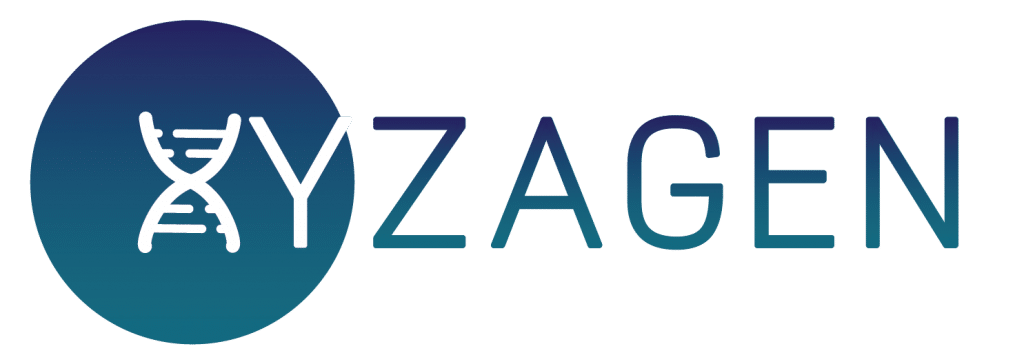Phase 2-3 Clinical Trial PK Analysis
Ensure your late-stage PK strategy drives trial success and strengthens approval readiness through expert data interpretation and regulatory positioning.
The Role of PK Analysis in Phase 2-3 Trials
As compounds advance into Phase 2 and 3, the role of pharmacokinetics (PK) expands beyond characterizing drug exposure to understanding how patient variability, covariates, and exposure–response relationships influence outcomes.
Population PK (PopPK) and exposure–response analyses are critical tools in this stage. They inform dose selection across patient subgroups, support label claims, and provide the evidence regulators expect for safe and effective use.


Advantages of PK Analysis in Late-Stage Development
Pharmacokinetic (PK) analyses in Phase 2-3 clinical trials provide unique advantages that extend beyond what you learn from PK analysis in early-stage studies. By capturing variability across diverse patient populations, disease states, and covariates, late-stage PK analysis helps inform dosing strategies that optimize therapeutic benefit while minimizing safety risks and a deeper understanding of your drug’s PK in the target patient population.
Phase 2-3 PK analyses play a central role in regulatory submissions, supporting NDA and BLA filings as well as label recommendations that may be driven by the patient population PK analyses. These studies and analyses also enable guidance for special populations—including pediatric, geriatric, oncology, and patients with renal or hepatic impairment—ensuring dosing strategies are both safe and effective across all relevant patient groups and support the labeling of your drug.
How to Use Advanced PK Analysis in Phase 2-3 Trials
Late-stage trials require more sophisticated PK methodologies, often integrating modeling and simulation (M&S). Key applications include:
Population PK (PopPK) Modeling
Quantifying variability and identifying key covariates (age, weight, organ function, drug interactions).

Exposure–Response & Dose Optimization
Establishing the relationship between exposure, efficacy, and safety.
PK/PD Correlation
Linking drug concentrations to pharmacodynamic (PD) outcomes where relevant.
Special Population Analyses
Supporting extrapolation or dedicated studies in pediatrics, geriatrics, oncology, and patients with comorbidities.
Bridging Across Formulations or Studies
Integrating data to inform Phase 3 trial design and eventual labeling.
Phase 2-3 PK Analysis Expertise & Capabilities
Xyzagen provides comprehensive late-stage PK analysis services that integrate deep pharmacometric expertise with regulatory experience. Our team supports Phase 2 and 3 clinical trials by designing studies that generate actionable, reliable PK data while ensuring alignment with regulatory expectations. From protocol development to data interpretation, we help sponsors optimize dosing strategies, evaluate exposure–response relationships, and account for variability across patient populations and special populations.
Whether performing population PK (PopPK) modeling, exposure–response analyses, or dose-optimization studies, Xyzagen’s scientists provide insight that informs trial design, regulatory submissions, and label recommendations. Our late-stage PK services go beyond traditional analyses by integrating advanced modeling and simulation and regulatory guidance:
Partner with Xyzagen
From Phase 2 dose-ranging studies to Phase 3 pivotal trials, our PK analysis services provide the insights and regulatory alignment needed to achieve approval. Contact us today to discuss your late-stage PK needs.

